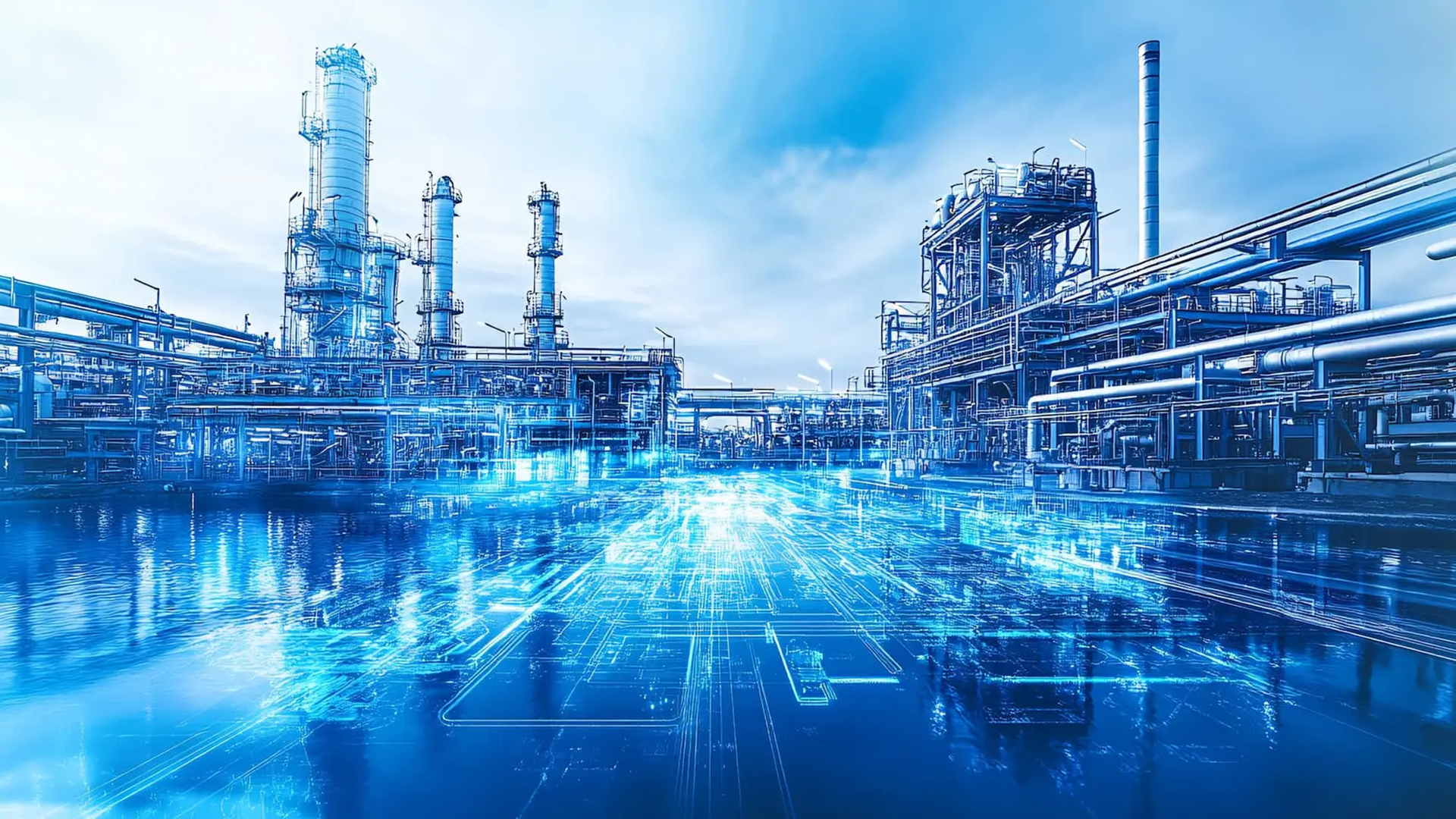Data is the New Oil – But Only if You Have the Right Refinery

In the world of hospitality, everyone talks about data – how much you can collect, how fast you can access it, and how many dashboards you can create. But after two decades of working with the most sophisticated data models, I’ve learned something critical: just having the data isn’t enough.
What truly matters is whether your data is structured in a purpose-built way that allows you to extract insights – quickly, consistently, and at scale. That’s why at Otelier, we’ve invested heavily in not just collecting and centralizing data, but also modeling it to reflect how hoteliers actually run their businesses. It’s what sets us apart – and what’s helping our customers drive better decisions every day.
The hospitality industry is awash in data, from PMS and POS systems to accounting platforms, spa booking software, guest reviews, and more. Yet even organizations that invest heavily in pulling this data into one place often find themselves asking the same question: Now what?
Collecting data is only the beginning – the real power lies in how it’s modeled, structured, and activated to support better business decisions.
The Problem with Centralized (But Unstructured) Data
A centralized warehouse may store your data — but without a model that mirrors how hotels actually run, it’s little more than an expensive archive.
Take an example from a global luxury hotel brand I’ve worked with closely. They had data from multiple PMS systems, different general ledgers, inconsistent account codes, and a variety of reporting standards across properties. Technically, all the data was in one place – but it wasn’t usable without extensive manual effort to clean, standardize, and interpret it.
That’s because hospitality data is complex. It’s not just about occupancy and RevPAR – it’s about how reservations are structured, how cancellations are handled, how group vs. leisure business is segmented, and how departments like food & beverage and spa interact with the rest of the operation. Without a robust data model tailored to this complexity, centralization alone solves very little.
A mature data model does more than mirror operational metrics. It builds in domain expertise: how a guest reservation should be represented, how revenue is allocated, how AR aging fits into the financial picture. It’s also agnostic to source systems, normalizing inputs from various vendors into a unified structure.
This kind of modeling allows decision-makers – whether they’re analysts, operators, or CFOs – to trust the numbers and work from a consistent foundation. It also opens the door to automation, advanced analytics, and AI.
Another important factor is accessibility. In high-performing organizations, everyone from hotel GMs to corporate analysts needs access to reliable data. That’s why modern hospitality platforms are moving to the cloud, investing in scalable data warehouses like Snowflake, and layering in visualization tools like Power BI or Tableau.
Equally critical is flexibility. Some operators want ready-made dashboards. Others, like data science teams at large operators and brands, want raw access to models they can manipulate and build upon. The most effective platforms support both, offering tools for easy reporting alongside sandbox environments for advanced use cases.
The Power of Deep Integrations
The hospitality tech landscape is notoriously fragmented, and integrations are key to centralizing and normalizing data. With thousands of systems on the market – many with siloed data or limited APIs – it’s not enough to offer a handful of standard connectors.
Otelier now supports more than 440 integrations across PMS, POS, accounting, and other systems. This coverage typically serves more than 90% of the market and is made possible by using modern tools like iPaSS and dedicated integration teams. But even more importantly, the integrations go deep – pulling not just top-line metrics, but rich, granular data that reflects how hotels actually operate.
That depth matters. Many platforms overlook key financial data like AR aging or expenses aligned to GL codes, for example. But those details are critical for operators trying to get a full picture of profitability, especially as margins tighten.
From Data to Insight in Hotels
Once data is centralized, modeled, and accessible, the next frontier is intelligence. And this is where things get exciting.
The goal isn’t just to provide dashboards. It’s to surface insights. Imagine starting your day with five prioritized, actionable recommendations – pulled from patterns in occupancy, labor costs, F&B trends, guest feedback, etc.
That’s the future: automated insights powered by AI models that detect anomalies, recommend optimizations, and help teams focus on what matters most.
Use cases are everywhere. Predictive models can identify underperforming restaurants, flag unusual labor costs, compare similar properties, or forecast spa utilization. When paired with automation – say, flagging an incorrect budget line or automating a reconciliation workflow – these insights become operational levers, not just observations.
In today’s environment, where hotel teams are managing through economic uncertainty and travel slowdowns, combining centralized intelligence with automation is the future. Operators need to know where they’re making money, where they’re losing it, and what changes will have the biggest impact. That’s only possible with a complete, normalized view of both revenue and cost – room performance, labor, F&B, spa, utilities, and beyond.
And while technology partners are playing an important role in helping the industry get there, it’s the hoteliers who embrace this mindset – data-driven, insight-focused, action-oriented – who will emerge strongest.
That’s what excites me most about working in this space. Not just the technology itself, but what it unlocks for the people who use it.
Note: Watch Shams participate in “The Future of Hospitality: Dazzling Tech, AI Magic, and Hacker-Proof Security” panel at AAHOACON in New Orleans at 1:30 p.m. on Wednesday, April 16.










